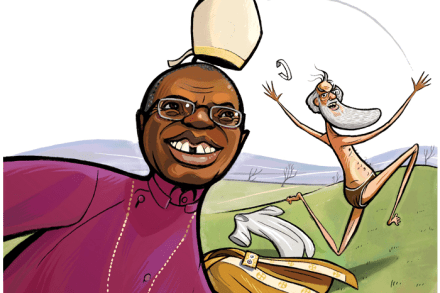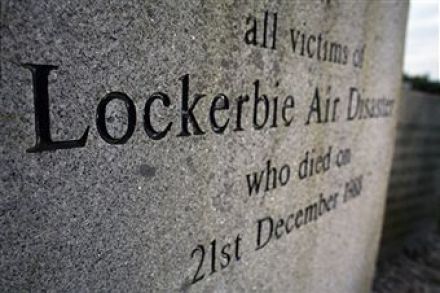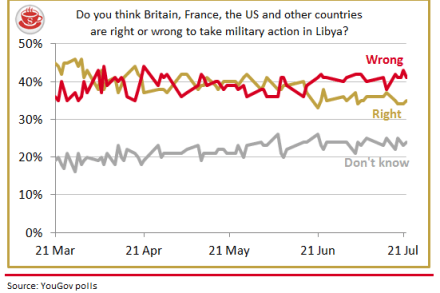Happy birthday V.S. Naipaul
Given it’s V.S. Naipaul’s birthday today, we’ve dug out from the archives a 1979 Spectator review by Richard West of A Bend In The River. Don’t forget that the Shiva Naipaul Memorial Prize, named after his younger brother, is currently open for entries. One of the dark places The protagonist and narrator of this book is a young man named Salim from the east coast of Africa; a Muslim Indian by origin but not from one of the families of the men who came to build the railways. Like the Arabs of old Zanzibar and what is now Tanzania, Salim’s ancestors had once traded in ivory and slaves from the interior of













